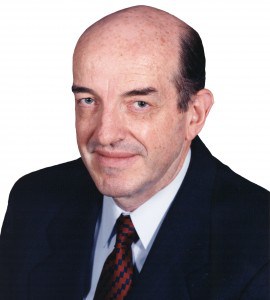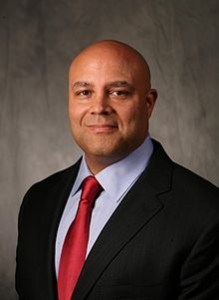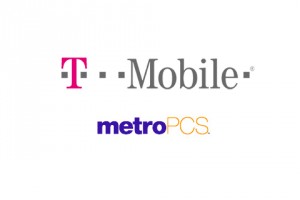
Sprint’s deal with Softbank is bad news for margin-obsessed Wall Street. More competition=lower profits.
Wall Street is turning a cold shoulder to today’s official announcement that Japan’s Softbank will acquire nearly 70% of Sprint-Nextel, giving effective control of the company to Japanese business magnet Masayoshi Son.
The $20.1 billion acquisition is the largest-ever foreign buyout by a Japanese company, made possible by the combination of a historically low U.S. dollar against the increasingly strong yen, giving Softbank even more value for money.
But outside of a handful of investment banks that stand to earn $200 million in fees for helping to advice the two companies about the deal, Wall Street is not happy.
“It’s a competitive headache,” said Christopher King, an analyst at Stifel Nicolaus & Co. The transaction is expected to infuse billions in new capital into perennially third-place Sprint, which is far behind its larger rivals AT&T and Verizon Wireless.
King and other Wall Street analysts fear a bolstered Sprint will spark new competition into the decreasingly competitive wireless marketplace. Softbank is well known in Japan for cut-throat pricing competition, something that could directly impact Verizon and AT&T’s increasingly expensive pricing for wireless service. Many on Wall Street fear an emboldened Sprint could overtake T-Mobile offering aggressively priced service plans.
[flv width=”360″ height=”290″]http://www.phillipdampier.com/video/Bloomberg King Says Sprint Deal Creates Competitive Headaches 10-15-12.mp4[/flv]
Stifel Nicolaus & Co., analyst Christopher King calls today’s announcement by Softbank and Sprint “a competitive headache” for the wireless industry, which may face more competition and lower prices. (2 minutes)

Christopher King, an analyst for Stifel Nicolaus & Co., called the Sprint-Softbank deal a competitive headache.
Sprint is also expected to put Softbank’s investment to good use — acquiring additional spectrum and quickly upgrading its 4G LTE network, now under construction. The surprise investment could mean a more robust network for Sprint, an important objective for a company criticized for offering less coverage than its larger rivals.
Craig Moffett, an analyst with Sanford Bernstein, said Sprint’s aggressive upgrades are bad news because it means the company is going to spend a lot to improve service and presumably cut prices, which will hurt profit margins at Sprint and its competitors who may be forced to lower prices in turn to compete.
Consumers, especially existing Sprint customers, will likely celebrate a stronger Sprint, especially if it triggers a wireless price war.
The investment banks offering advice to both parties have little to complain about either. Citigroup and Raine Group LLC may earn as much as $200 million in direct fees from the deal. Softbank’s own advisers — Deutsche Bank and Mizuho Securities will earn $70-100 million. Sprint’s advisers — Citigroup, UBS, and Rothschild will likely earn an equal amount, according to Bloomberg News.
Investment bankers are hopeful the deal will help trigger another wave of wireless consolidation, which will bolster their fee earnings. In addition to Leap Wireless’ Cricket, there are at least a dozen independent regional carriers including C-Spire and US Cellular now ripe for acquisition by AT&T, Verizon Wireless, Sprint, or T-Mobile.
Softbank has been acquiring some of its own competitors back home in Japan, including eAccess, largely to gain additional spectrum to bolster its LTE 4G network build.
For now, the deal announced today does not include beleaguered Clearwire, but most Wall Street investors believe the Sprint-controlled company will eventually also be acquired.
[flv]http://www.phillipdampier.com/video/CNBC Sprinting Forward with Softbank 10-15-12.flv[/flv]
CNBC talks with Sanford Bernstein’s Craig Moffett, who is not thrilled with a deal that will leave Sprint on a spending spree to upgrade its network and potentially trigger a price war. (4 minutes)


 Subscribe
Subscribe







